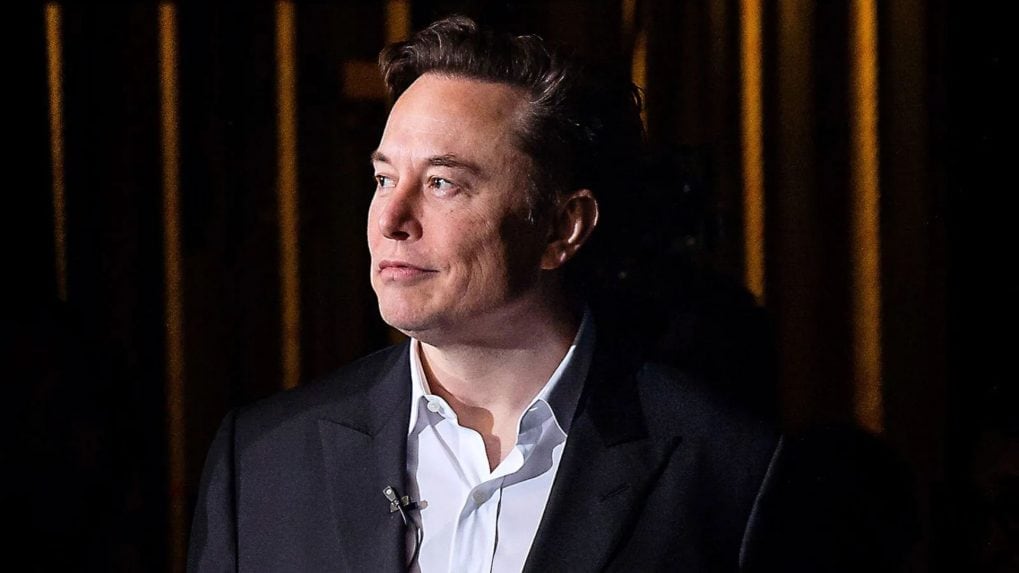Elon Musk predicts AI could surpass human intelligence by 2030
The Tesla and SpaceX chief reiterated both his optimism and deep concerns about the pace of AI development.
ADVERTISEMENT
Elon Musk has made one of his starkest forecasts yet on artificial intelligence, claiming that AI could be more intelligent than any individual human by 2026 and could potentially outthink the combined intelligence of all humankind by 2030.
Read More: Elon Musk accuses Apple of antitrust violations over App Store rankings
Speaking on the All-In podcast, the Tesla and SpaceX chief reiterated both his optimism and deep concerns about the pace of AI development. His comments add weight to ongoing debates over how soon so-called “human-level AI” might be achieved, with experts offering widely differing timelines.
Musk’s remarks, however, serve as a reminder of the growing urgency around AI governance. His projection aligns with concerns that society may be underprepared for technologies advancing at breakneck speed.
Read More: Elon Musk’s Grok Imagine launches 'Spicy Mode' for AI‑generated adult videos
The entrepreneur’s comments come as policymakers and technologists grapple with how to balance innovation with safeguards. Experts point to several priorities - ethical AI design and transparency, stronger policy and regulatory frameworks for high-risk AI systems, international cooperation to prevent misuse, public awareness of AI’s societal consequences
While Musk’s bold timeline is speculative, it has intensified debate among many experts over how humanity should respond to the possibility of superintelligent AI. Whether viewed as a warning or a vision of the future, his prediction is forcing governments, businesses and civil society to confront the risks and responsibilities of an AI-driven world sooner than expected.
Read More: Elon Musk to introduce ads in Grok AI chatbot to boost revenue


